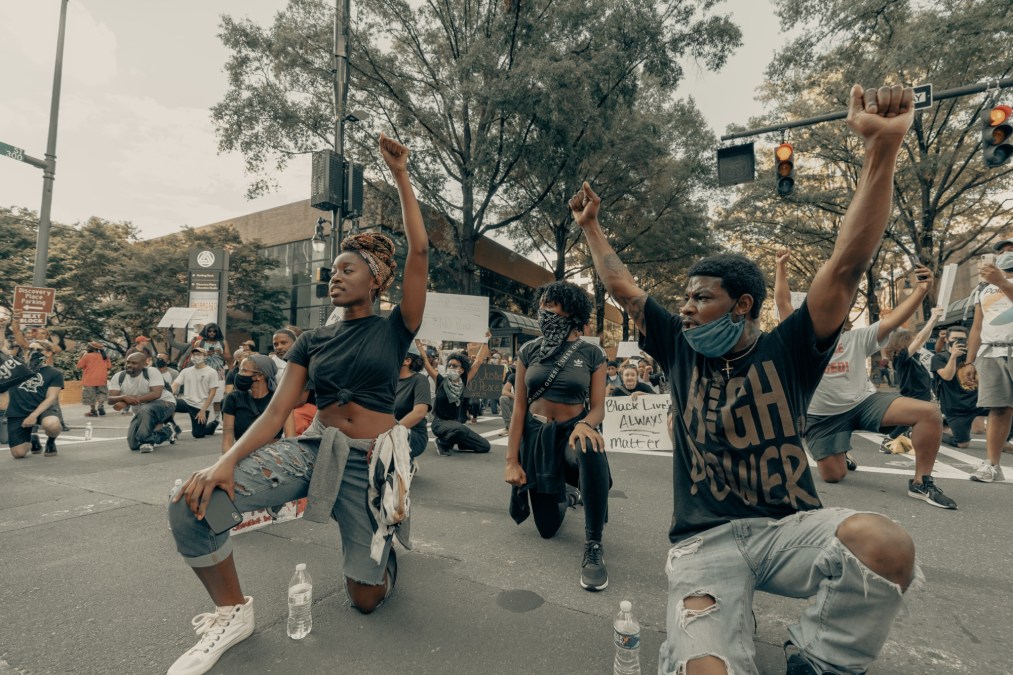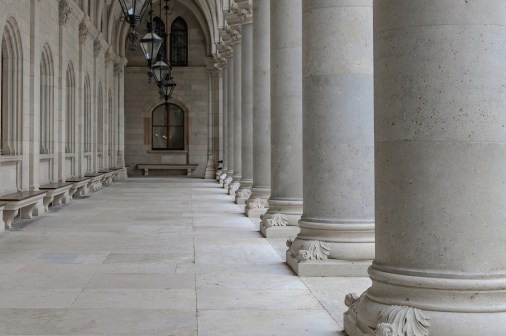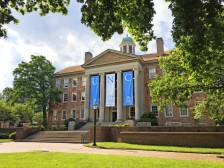University presidents say schools must encourage student activism

Universities have a responsibility to support students who are protesting to end discrimination in the United States, university presidents said Monday during a webinar. But it is equally important that universities also create opportunities for students to effect change at their own institutions, they added.
And although students are residing off-campus during the pandemic, higher education has the opportunity to equip students with technology and resources to support their efforts and help bring students together.
“We called on our students to focus their energy on bringing constructive change to the society in which we live,” Aaron Walton, president Cheyney University in Pennsylvania, said during a webinar on higher education’s role in racial equality and opportunity as part of Ellucian’s online 2020 conference. “We asked them to use the modern technology and the resources that previous generations did not have as the means to adapt, to overcome inequities and to change our communities for the better.”
At Alcorn State University in Mississippi, university president Felecia Nave said that she and her staff have made sure that they reach out to students to support their efforts and make sure that students are equipped the tools and information they need to stay safe and make a meaningful impact.
“We need to be there and we need to be an avenue and a vehicle for them to be able to have expression,” Nave said. “We stand behind them ready to assist them, with programs, with interventions, with just having dialogue and conversation.”
But just as importantly as showing support for students’ actions in their communities, colleges also need to look inward and encourage students to lead changes on campus, she said.
“We don’t have all the answers so it’s very important that we sit down, that we listen, that we have constructive dialogue and we collectively come up with respectful solutions and resolutions and begin the process of what that healing looks like,” Nave said. “So it does mean at the university, we need to reevaluate the programs that we have to make sure that they’re speaking to the issues and the concerns that students have, and to the extent that they are not, that we’re making the necessary modifications.”
At Pearl River Community College in Mississippi, president Adam Breerwood said he and his staff are looking to create the same kinds of opportunities for students to help improve the school and encourage discussions and actions to make campus a safe and supportive environment for all students.
“In terms of specific programs that are geared at our minority students, especially our African American students during this time, we don’t have anything specific,” Breerwood said. But the need to change that is hugely important, he said, and should be lead by the students themselves.
“The truth is that I don’t know what’s best as president,” Breerwood said. “So I look forward to getting together with our student leaders, with people from our communities, and trying to see what we can do as an institution to make sure that those students feel valued, to know that they’re appreciated, as we work towards unity.”
Additionally, the university presidents stressed the critical importance of communication and dialogue between institutions to improve the student experience.
“The less time that we spend reinventing the wheel, and the more time we spend conversating, having real conversations and dialogues around what these issues are and strategizing and developing scalable activities that we can implement at many of our institutions, will go a long way with helping our students,” said Nave, the Alcorn State president. “It’s not a one-size-fits-all strategy. What works in inner city Philadelphia may not work in rural Mississippi. But there are some common things that we can all center and focus around.”
Higher education holds a unique position to empower students to effect change and be able to grow into community leaders, the presidents said, and even more so now given the social unrest currently seen across the country.
“What we’re trying to do is teach them to break down those barriers, to be part of a bigger community,” Breerwood said. “If our students feel safe, secure value, we can be an opportunity for hope and prosperity for the future to build a brighter tomorrow.”




